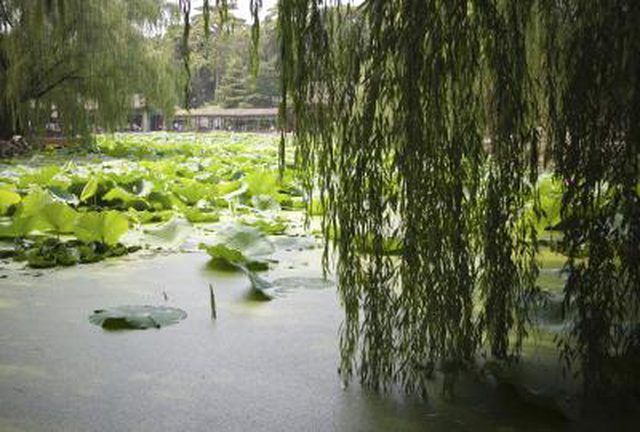Bulbs
Flower Basics
Flower Beds & Specialty Gardens
Flower Garden
Garden Furniture
Garden Gnomes
Garden Seeds
Garden Sheds
Garden Statues
Garden Tools & Supplies
Gardening Basics
Green & Organic
Groundcovers & Vines
Growing Annuals
Growing Basil
Growing Beans
Growing Berries
Growing Blueberries
Growing Cactus
Growing Corn
Growing Cotton
Growing Edibles
Growing Flowers
Growing Garlic
Growing Grapes
Growing Grass
Growing Herbs
Growing Jasmine
Growing Mint
Growing Mushrooms
Orchids
Growing Peanuts
Growing Perennials
Growing Plants
Growing Rosemary
Growing Roses
Growing Strawberries
Growing Sunflowers
Growing Thyme
Growing Tomatoes
Growing Tulips
Growing Vegetables
Herb Basics
Herb Garden
Indoor Growing
Landscaping Basics
Landscaping Patios
Landscaping Plants
Landscaping Shrubs
Landscaping Trees
Landscaping Walks & Pathways
Lawn Basics
Lawn Maintenance
Lawn Mowers
Lawn Ornaments
Lawn Planting
Lawn Tools
Outdoor Growing
Overall Landscape Planning
Pests, Weeds & Problems
Plant Basics
Rock Garden
Rose Garden
Shrubs
Soil
Specialty Gardens
Trees
Vegetable Garden
Yard Maintenance
Corkscrew Willow Tree Information
Corkscrew Willow Tree Information. The Salix matsudana, or corkscrew willow, is a small tree, native to China. The scientific name of the tree was given to it in honor of the Japanese botanist, Sadahisa Matsudo. The corkscrew willow tree is short, only reaching an average of 25 feet tall. It is a dioecious flowering tree that is most commonly used...
The Salix matsudana, or corkscrew willow, is a small tree, native to China. The scientific name of the tree was given to it in honor of the Japanese botanist, Sadahisa Matsudo. The corkscrew willow tree is short, only reaching an average of 25 feet tall. It is a dioecious flowering tree that is most commonly used as an ornamental.

Corkscrew willows have many benefits for gardens and landscaping. The willow does not grow tall, but still has an intricate root system. The tree grows rapidly, which provides fast tree cover for property lines. Corkscrew willows can also be cultivated much like the bonsai tree, because of its gnarled, twisted branches. Willows are easy to maintain and can be grown in USDA hardiness zones 4 to 8.

Corkscrew willows are a useful tree for ornamental purposes, but will not work well as a strong shade tree. If you are planning to use a hybrid form of the corkscrew willow, there is a higher chance of the tree have cankers or disease. Some of the variations prone to these problems include Austree and Golden Curls.